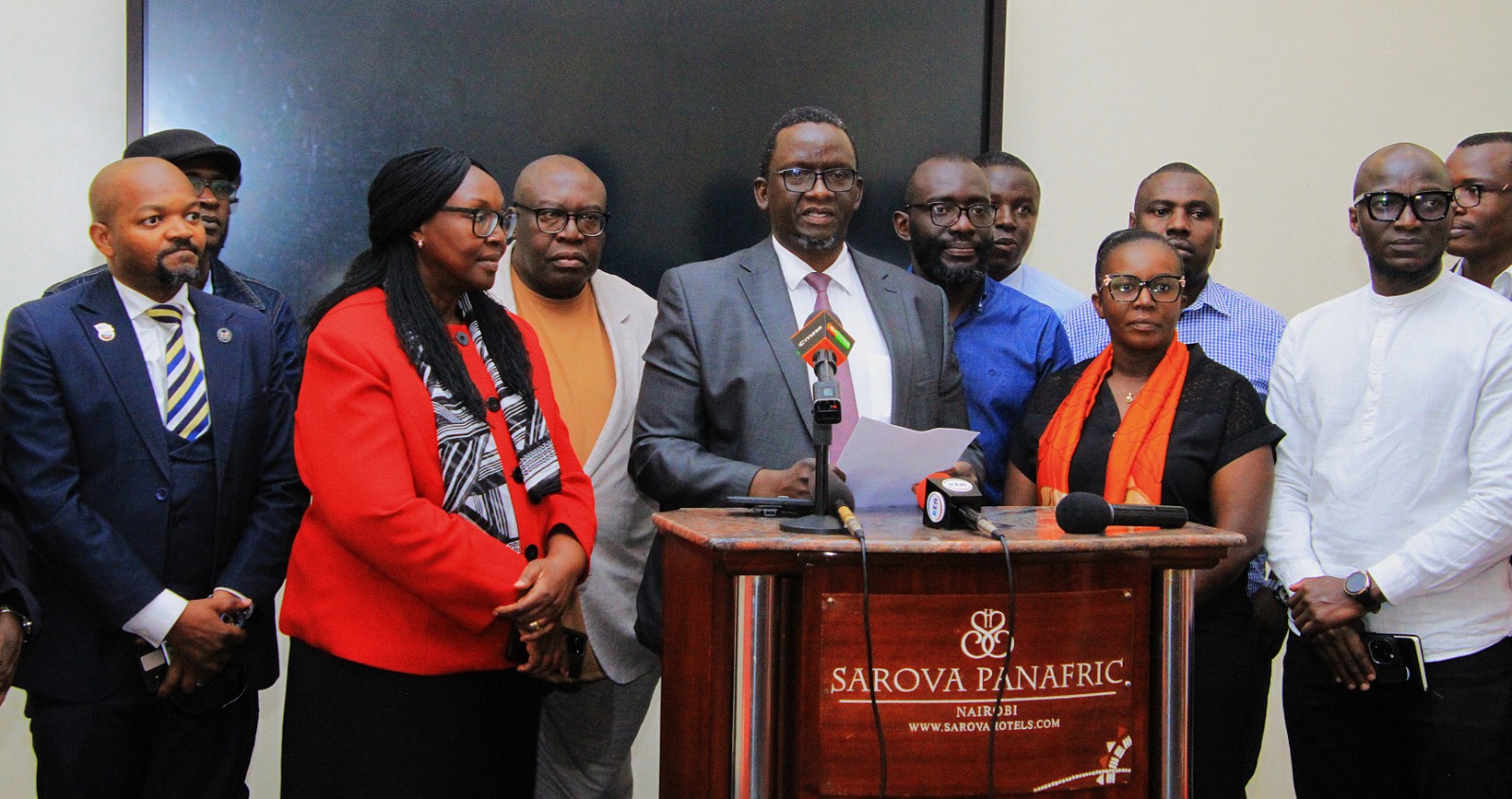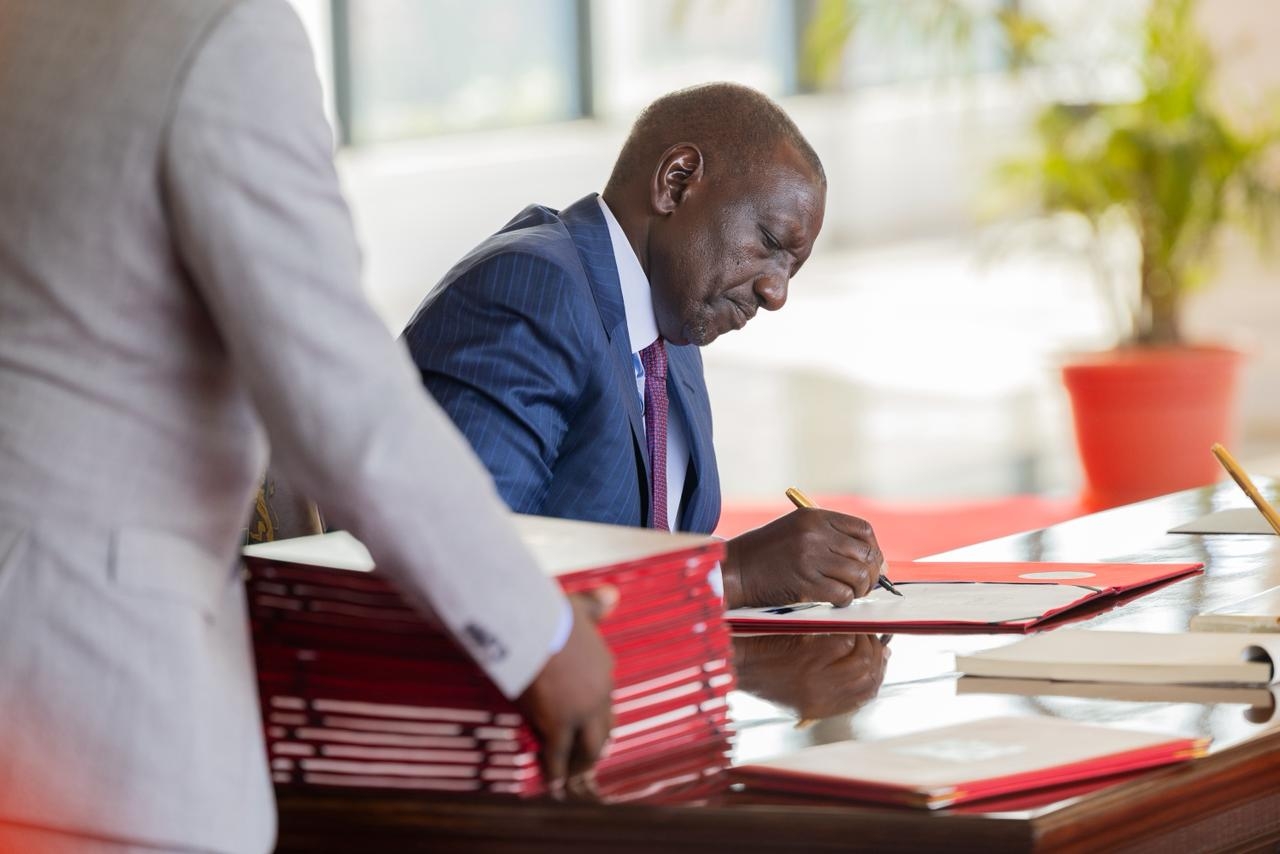Debate on the new university funding model has gained momentum, with those opposed to its implementation having gained more credence after MPs on Tuesday said Band 5 of the model was illegal.
The legislators said Band 5, which allocates a higher household fee burden to parents, was never approved by the House when the Presidential Working Party on Education Reforms presented it for approval.
“Level 5 is illegal because what was presented to Parliament and approved were four parts,” Lugari MP Nabii Nabwera said.
“This model is illegal because we do not know who approved it,” Narok Woman Representative Rebecca Tonkei said.
The student-centred funding model allocates scholarships and loans to students based on their financial capabilities using the Means Testing Instrument (MTI).
Students grouped in Band 5 are entitled to 30 per cent scholarships and 30 per cent loans, with household contribution pegged at 40 per cent.
Most students have appealed their placement, saying they were wrongly placed in bands meant for learners from households with superior financial capabilities.
Many want to be placed in Band 1, where they will receive 95 per cent government support, comprising 70 per cent scholarship and 25 per cent loan.
While appearing before the National Assembly’s Education Committee on Tuesday, Education CS Julius Ogamba admitted that the funding model had proven problematic to most students.
He said out of the 138,535 placed in public universities, only 75,000 students had managed to pay the requisite fees for their respective bands.
The CS said 11,132 students had since appealed their banding, and the review of the cases is expected to commence in December.
Ogamba blamed the erroneous placement on inaccurate information provided to learners during application for loans and scholarships.
“The Means Testing Instrument is designed to utilise the data provided by students to determine their level of need. The accuracy of the categorisation of students into various bands depends on the correctness of the information that applicants provide,” the CS told MPs.
The Education Committee members demanded an overhaul of the funding model, which they claimed relied on misleading variables to determine income for households.
As a curative measure, Ogamba said the government on Tuesday formed a 129-member committee to review the new funding model with a view to establishing the accuracy of the variables relied upon to categorise households.
He said the team would collate all the concerns raised and report back to the committee within eight weeks.
Educationist Emmanuel Manyasa told the Star he’s bound by dint of his presence on the team not to comment on the funding model.
“I’m in the taskforce that is looking at it, and I think the taskforce will have its own official person speaking on its behalf, so for now I can’t speak on it,” he said.
As the team retreats to write its report, the country can only sit and wait, even as it emerged that some universities obeyed the government’s directive to admit students without fees but denied them exams.
Most universities have started administering continuous assessment tests (CATs).
This prompted the Education Committee chairman, Tinderet MP Julius Melly, to ask CS Ogamba to direct universities to allow the students to sit for the crucial tests.
Ogamba said he was on top of the matter.
“We are currently addressing this matter. As you have directed, chair, we will issue that directive asking the universities to do just like we did with the admission when we asked them to allow admission of all learners,” Ogamba said.
















